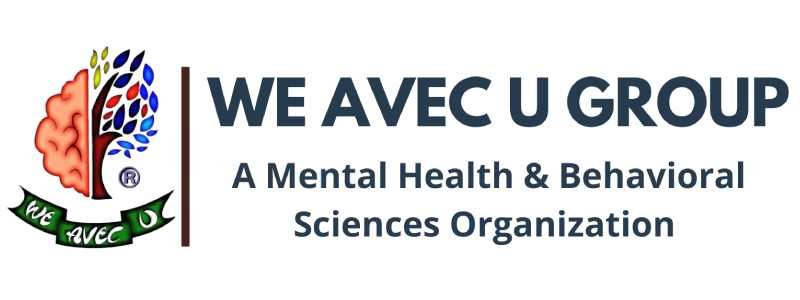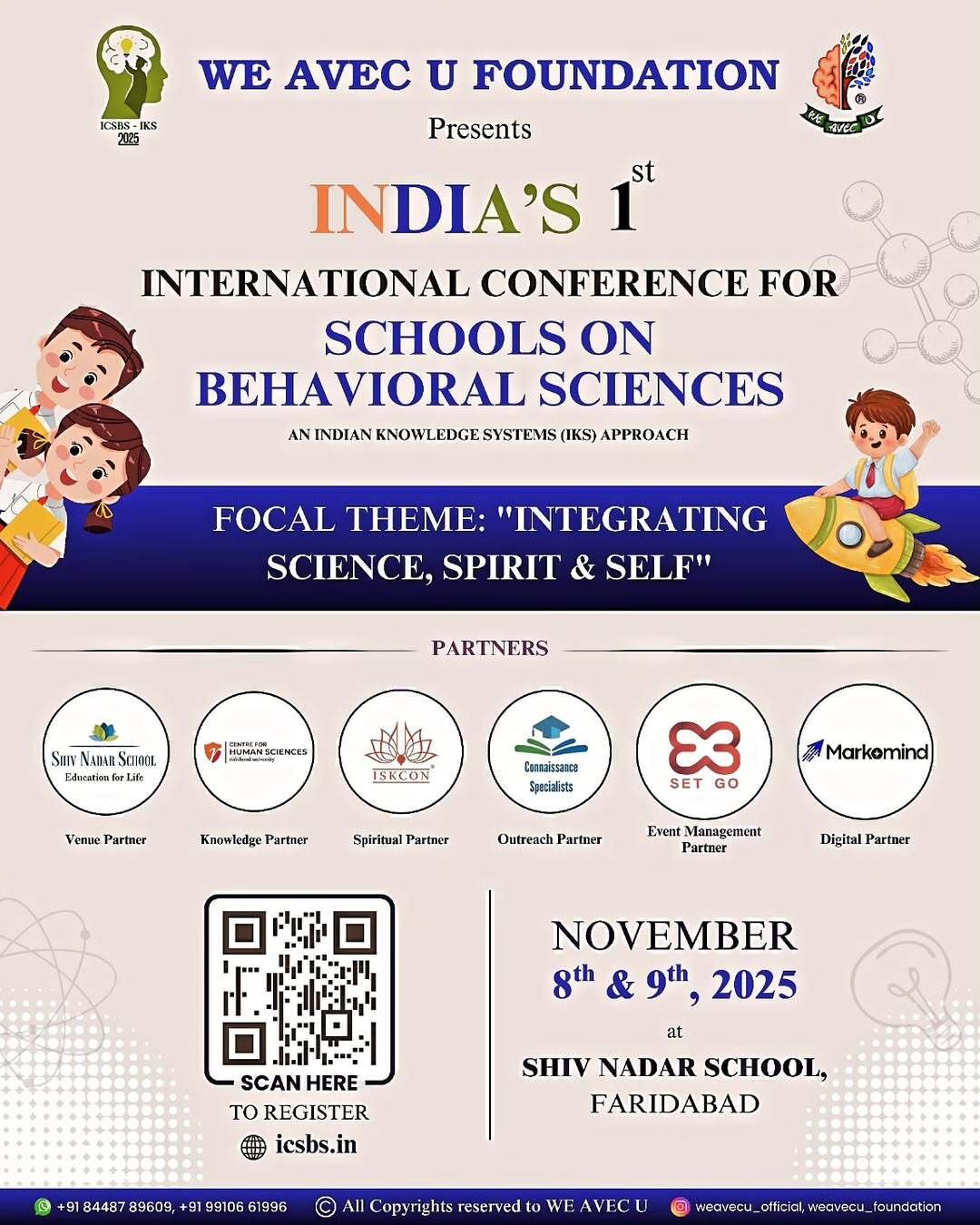In a world where social media is the norm, it’s hard to imagine a life without it. But have you ever stopped to think about the impact social media has on your mental health?
With over 4.2 billion active users worldwide, it’s important to understand the effects of social media on mental health. In this blog, we will explore how social media affects our mental health. So, buckle up and get ready to learn more about the intersection of social media and mental health.
Surprising Impacts of Online Platforms
The Good:
Social media can have positive effects on mental health, especially when used in moderation. For example, social media can provide a sense of belonging and support, with many online communities providing a safe space for people to share their thoughts and feelings. Social media can also be a source of inspiration, with many accounts promoting positive messages of self-care, body positivity, and mental wellness.
The Bad:
Unfortunately, social media can also have negative impacts on mental health. Studies show that social media can lead to increased feelings of anxiety, depression, and loneliness, especially among young people (Kross et al., 2013). Social media can also be a source of cyberbullying and harassment, which can have long-lasting effects on mental well-being. In addition, social media can contribute to the development of addictive behaviours, with some people finding it difficult to disconnect from their devices.
The Ugly:
The impact of social media on mental health can be particularly concerning for students. Research suggests that social media use can lead to academic difficulties, increased stress levels, and poor sleep quality (Rosen et al., 2013). Social media can also contribute to a range of mental health issues, such as depression and anxiety, which can affect academic performance and overall well-being.
Scrolling into darkness: The alarming impact of social media on mental health
Social media has revolutionised the way we communicate, connect, and share information with others. However, it’s no secret that negative effects of social media are also having a significant impact on people’s lives today.
Here are a few ways that social media is affecting people today:
- Social comparison: Social media can create an environment where people are constantly comparing themselves to others, often leading to feelings of inadequacy, low self-esteem, and even depression.
- Cyberbullying: Social media can provide a platform for cyberbullying, where people can be targeted and harassed online. This can have serious consequences for mental health, with victims experiencing anxiety, depression, and even suicidal ideation.
- Addiction: Social media can be addictive, with people finding it difficult to disconnect and engage in the real world. This can lead to negative impacts on mental health, such as anxiety and depression.
- Information overload: Social media can be overwhelming, with a constant stream of information and notifications. This can lead to difficulty focusing and poor sleep quality, which can have negative effects on mental health.
- Unrealistic expectations: Social media can create unrealistic expectations for what life should be like leading to feelings of disappointment and dissatisfaction with one’s own life.
- Poor body image: Social media can perpetuate unrealistic beauty standards, leading to body shaming and a negative body image. This can have serious consequences for mental health, including eating disorders and low self-esteem.
So, if you are facing any of the above side effects of social media that means it is a negative impact of social media on your mental health.
How to deal with the negative effects of social media?
So, what can we do to reap the benefits of social media while avoiding its negative impacts on our mental health? It’s all about finding balance and setting boundaries.
Here are a few tips that might help you:
Limiting your screen time Try to set aside specific times of the day to check your social media accounts, and avoid scrolling mindlessly during idle moments.
Unfollowing accounts that make you feel bad about yourself It’s okay to curate your social media feed to prioritise accounts that make you feel good and inspired.
Practicing self-care Engage in activities that make you feel good and prioritise your mental health, such as exercise, meditation, or spending time with loved ones.
Seeking support If you’re having difficulty managing your emotions or finding it tricky to cope, don’t be afraid to reach out for help. There are many resources available, such as therapy, support groups, and hotlines.
ENDING NOTE
Social media is a double-edged sword that can have both positive and negative effects on our mental health. While it’s important to be aware of the potential risks associated with social media use, we can also take steps to ensure that it enriches our lives rather than detracts from them.
At We Avec U, we believe in using social media mindfully and responsibly, creating content that inspires and uplifts our community. By prioritising mental health and fostering positive connections, we can make social media a force for good in our lives.
Rephrasing what Dumbledore said-
“Help will always be given at Hogwarts to those who ASK FOR it.”






